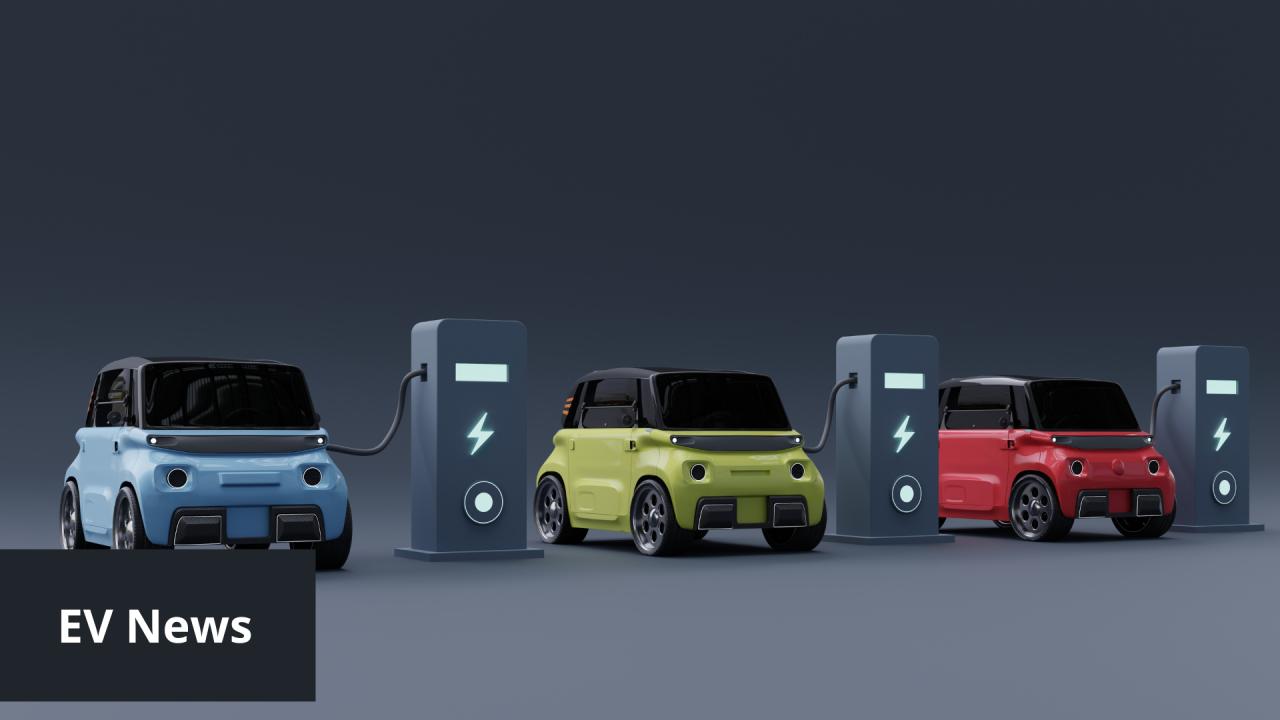The electric vehicle (EV) market is experiencing unprecedented growth across Europe and the world, with some countries leading the charge towards a sustainable automotive future. Recent data from Denmark, Norway, and China showcase the rapid adoption of electric cars, pointing to a significant shift in consumer preferences and government policies.
Denmark's Milestone: One in Ten Cars Now Electric
Denmark has reached a significant milestone in its transition to electric mobility. Recent statistics reveal that 10.02% of all registered vehicles in the country are now electric, translating to 285,648 EVs out of a total of 2,849,612 registered cars. This achievement underscores the country's commitment to sustainable transportation and reflects growing public interest in eco-friendly alternatives.
Explosive Growth in Danish EV Sales
The Danish EV market is experiencing dynamic growth, with year-over-year sales of new electric vehicles approaching an impressive 50% increase! This trend is not limited to new car sales; there's also a notable surge in the import of used electric vehicles. The growing interest in second-hand EVs is making electric mobility more accessible to a broader range of consumers, further accelerating adoption rates.
Norway Sets New Global Benchmark
Norway continues to set the pace for EV adoption worldwide. In August 2024, the country achieved a remarkable feat with electric vehicles comprising 94.3% of all new car sales. This extraordinary market share suggests that Norway is on track to reach 100% EV sales for new vehicles as early as next year. Such statistics not only highlight the effectiveness of Norway's EV-friendly policies but also demonstrate high acceptance among Norwegian drivers.
China: A Rising Force in the EV Market
Following Norway's lead, China is rapidly emerging as another major player in the global EV landscape. With its dynamic pace of EV adoption and continuous expansion of infrastructure, including charging stations and manufacturing capabilities, China is cementing its position as a global leader in electromobility. The country's initiatives to promote EVs encompass significant investments in research and development, contributing to innovations and improved accessibility of electric vehicles.
The rising demand for environmentally friendly transportation options, coupled with supportive government policies, positions electric vehicles as a transformative force reshaping the traditional automotive industry. Key factors driving this change include improvements in EV range, decreasing battery costs, and the expansion of charging infrastructure. This transformation not only contributes to environmental protection but also creates new opportunities for innovation and economic growth within the automotive sector.
The Road Ahead for Electric Vehicles
The future of electric vehicles looks promising, with expectations of further growth in EV market share globally. Innovations in battery technology, autonomous driving, and connected vehicle technologies will continue to drive this trend. Moreover, international collaboration on standardizing charging infrastructure and policies supporting sustainable mobility will be crucial for achieving mass adoption of electric vehicles. As technology evolves and prices decrease, electric vehicles are becoming an increasingly attractive choice for the general public.

